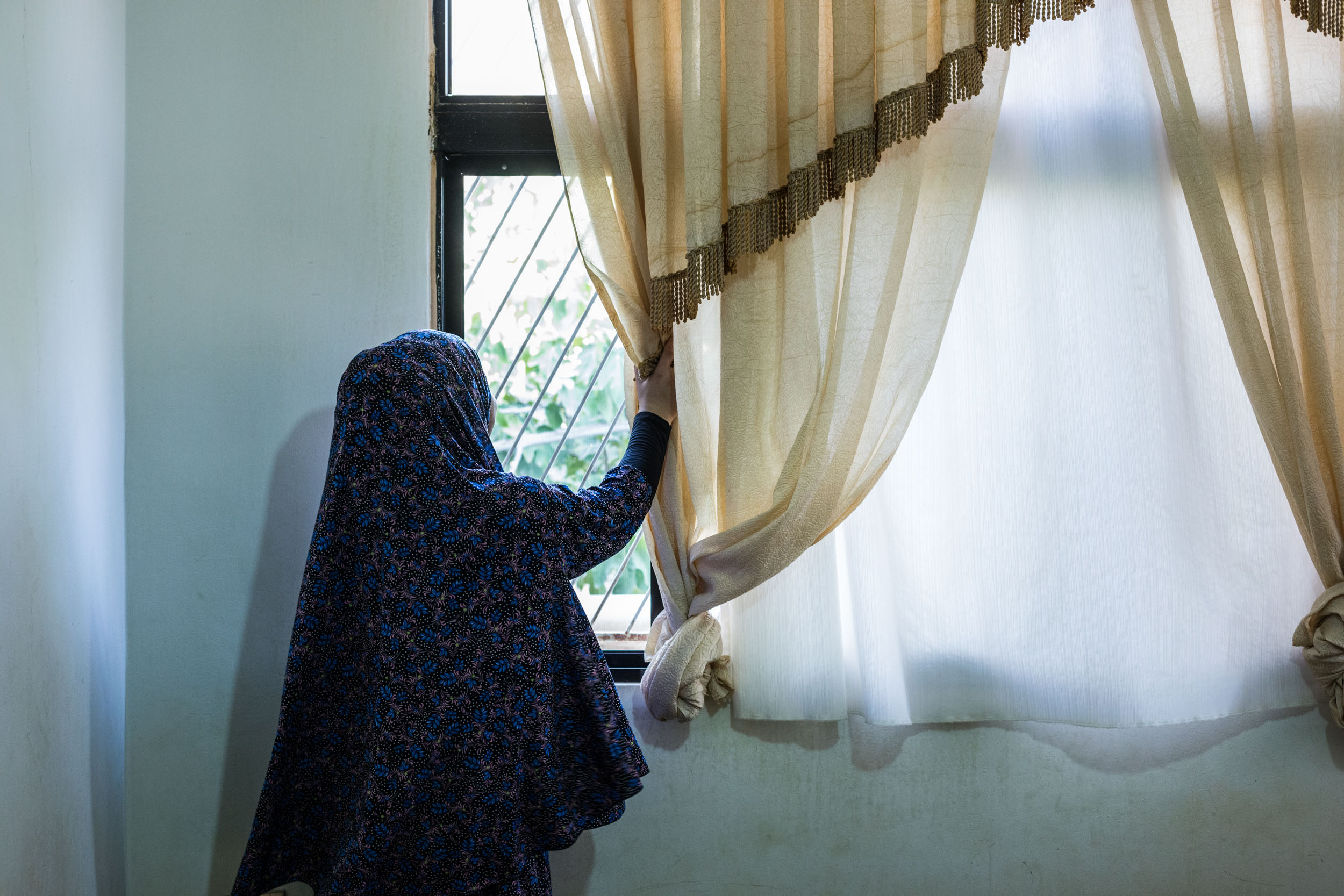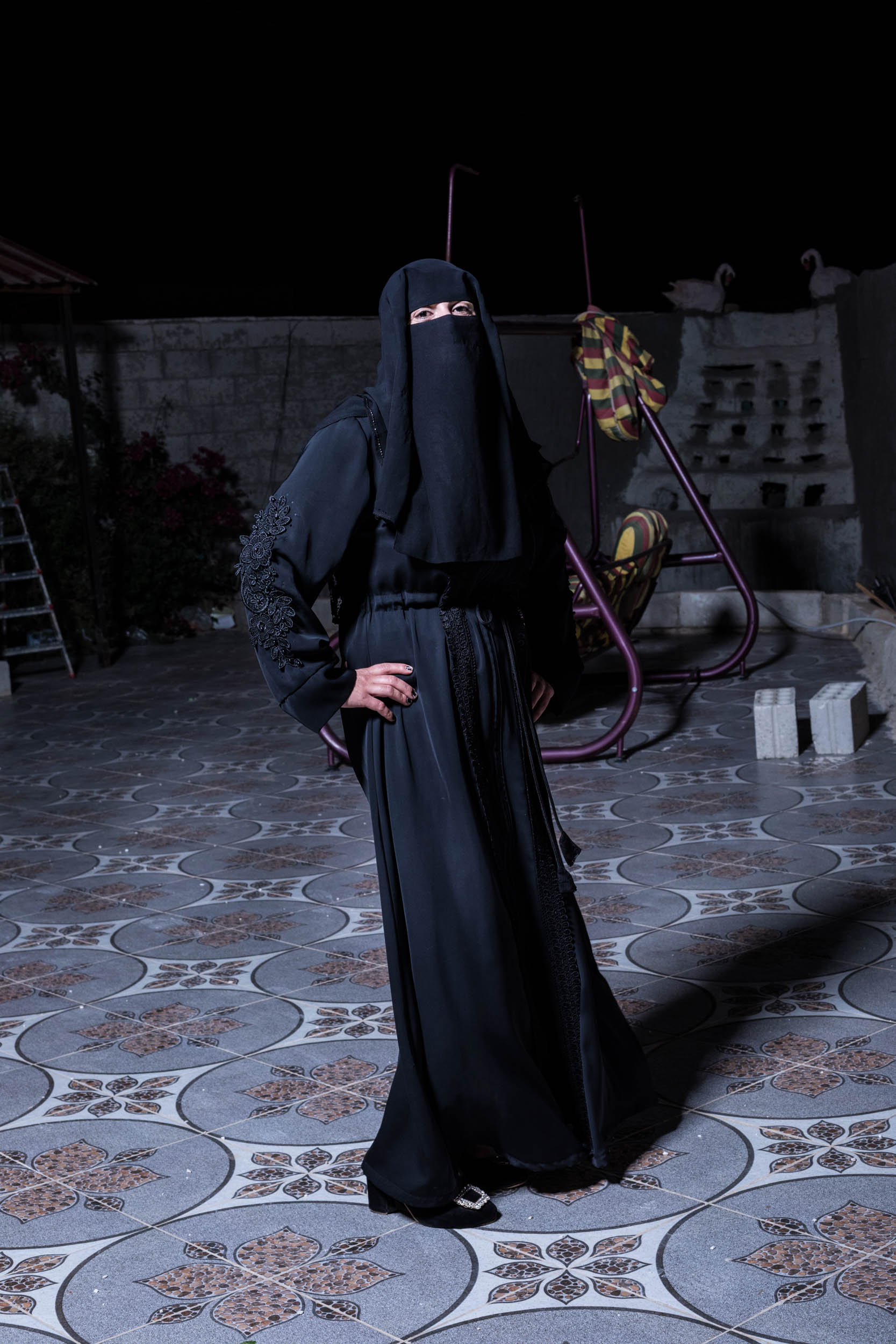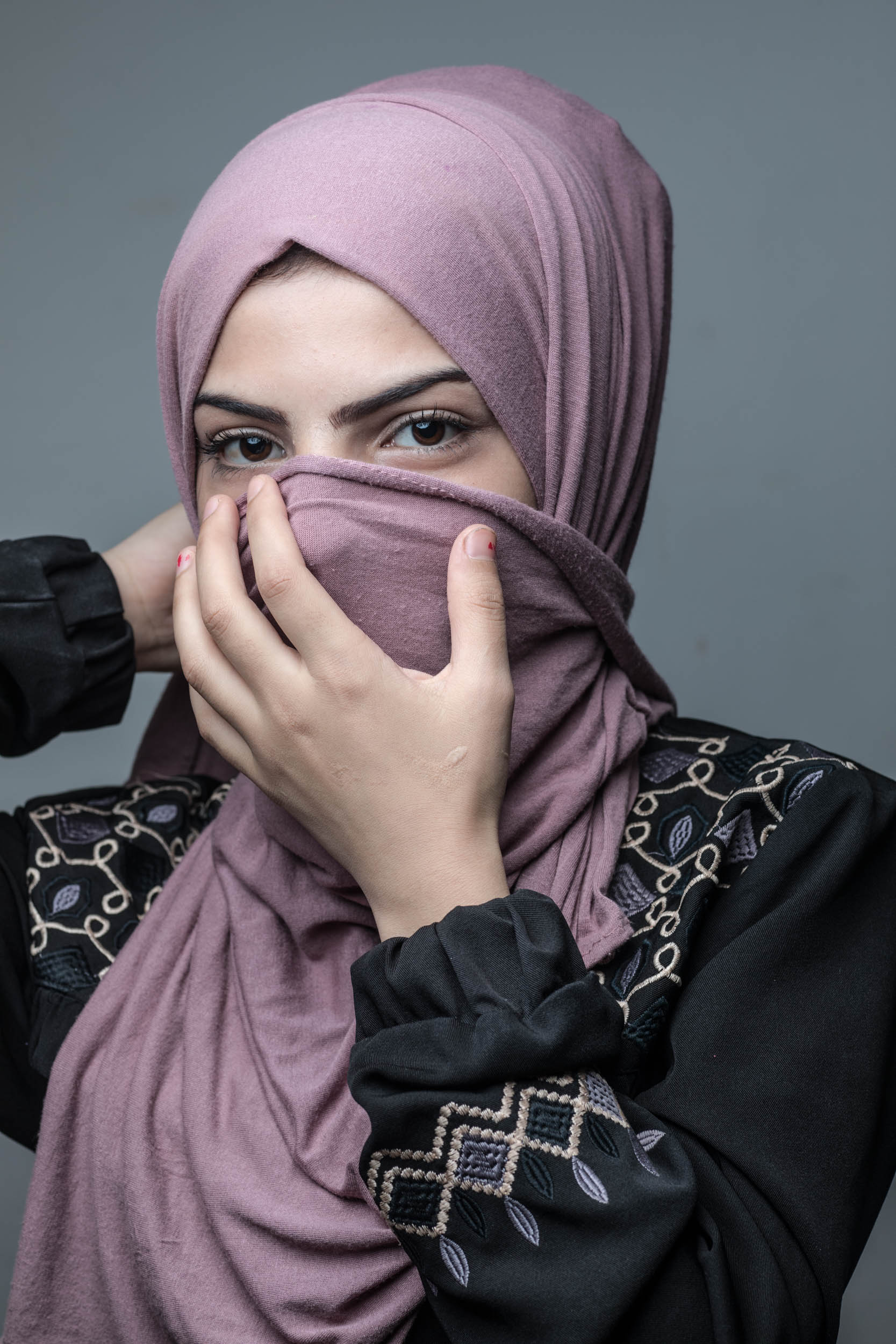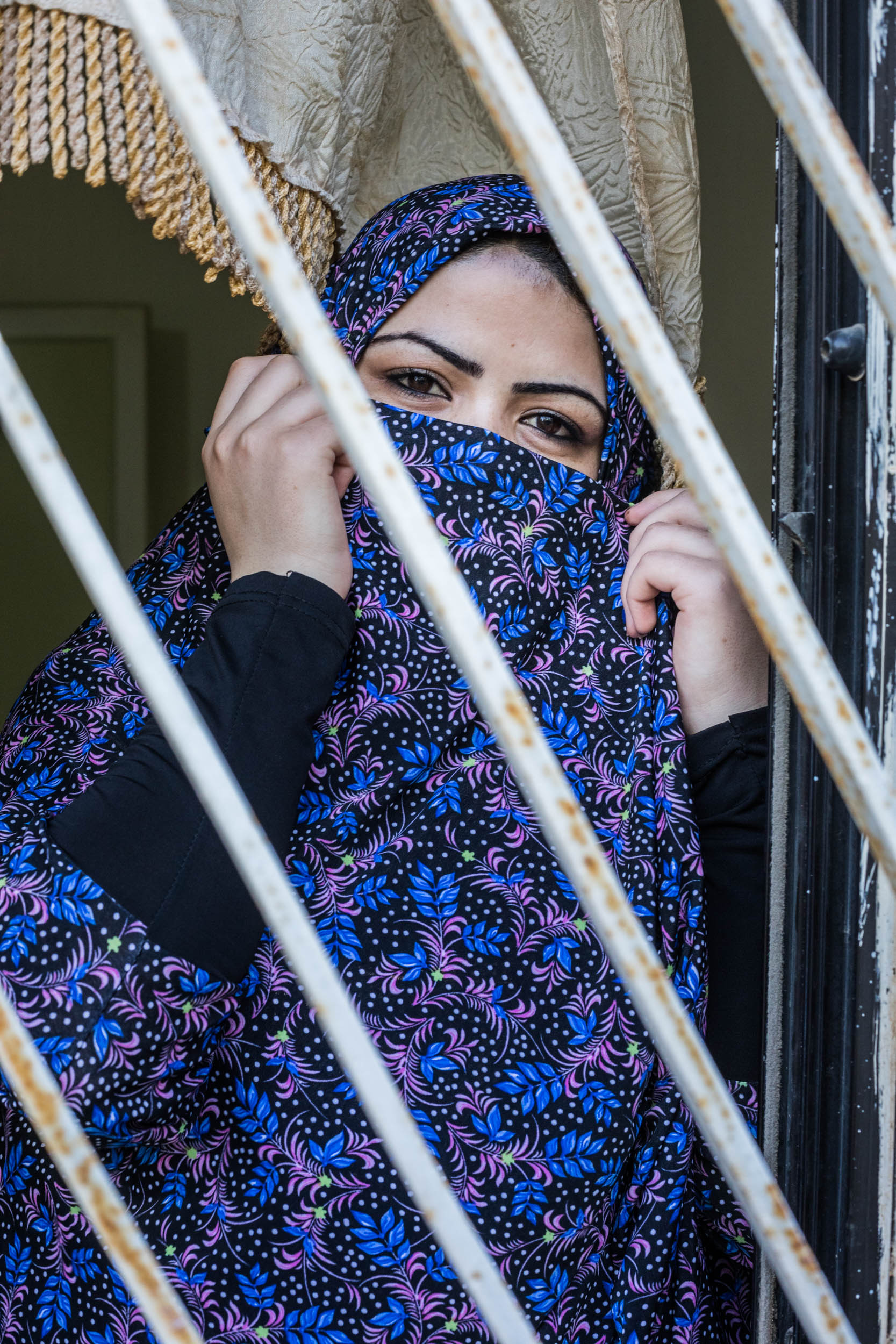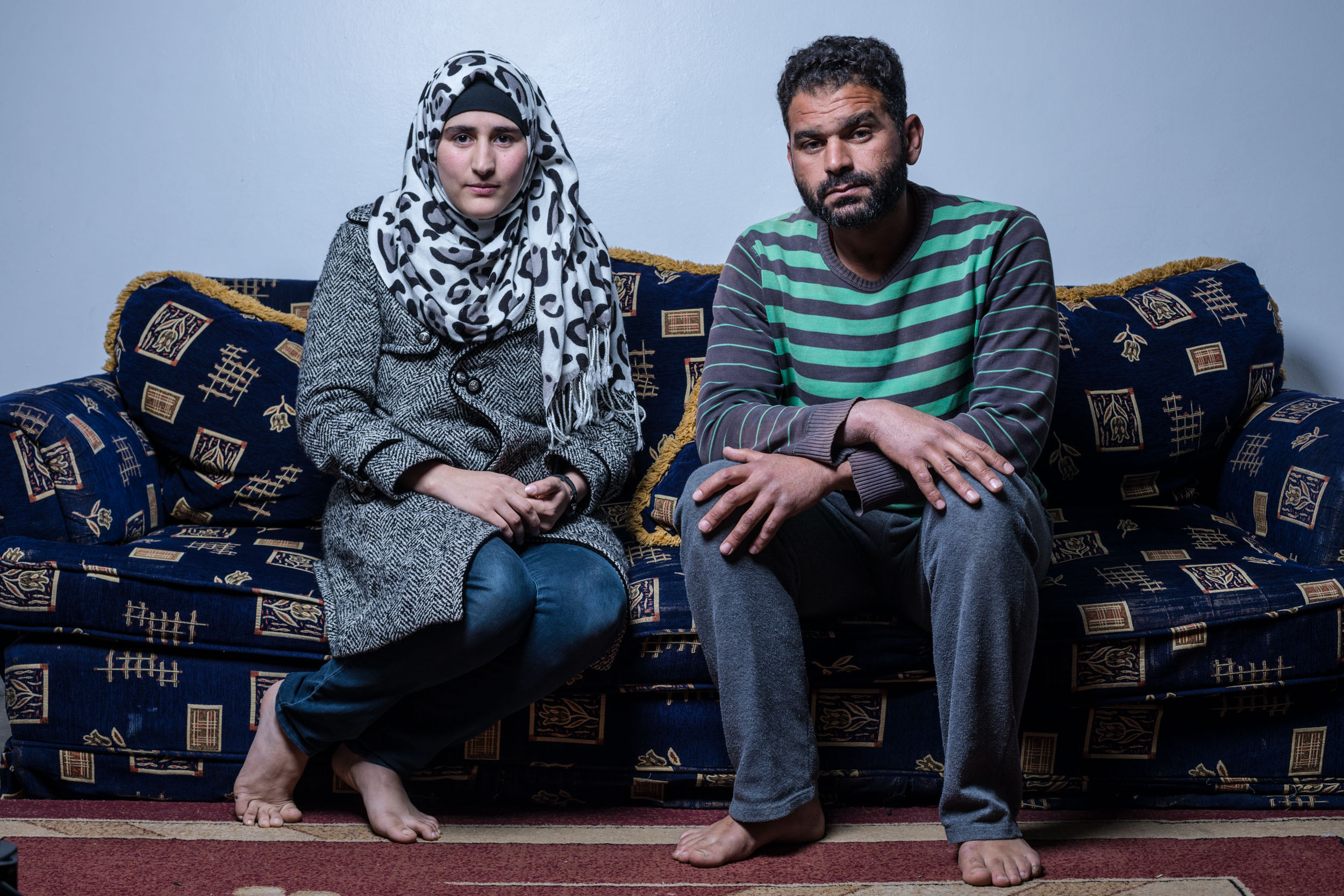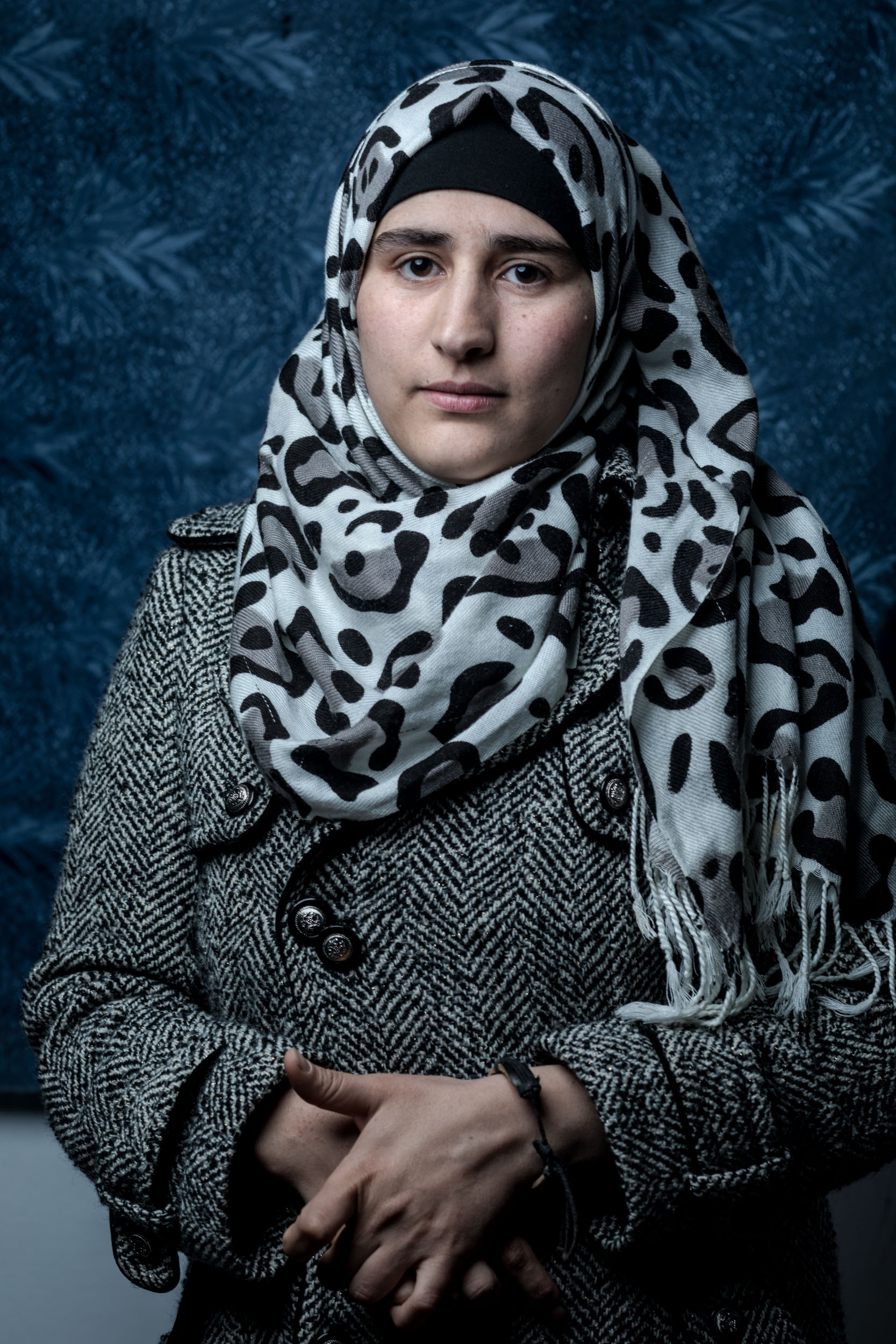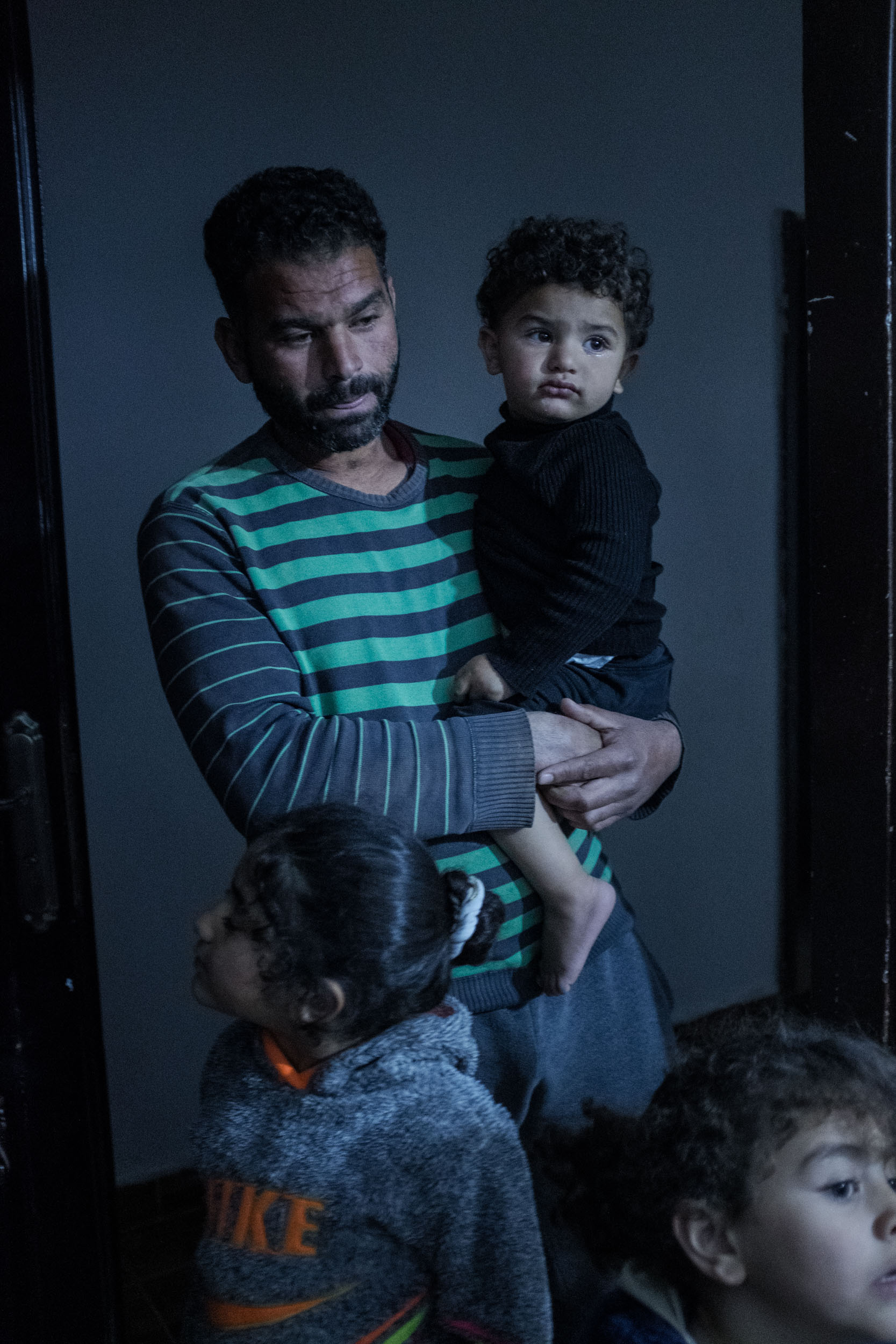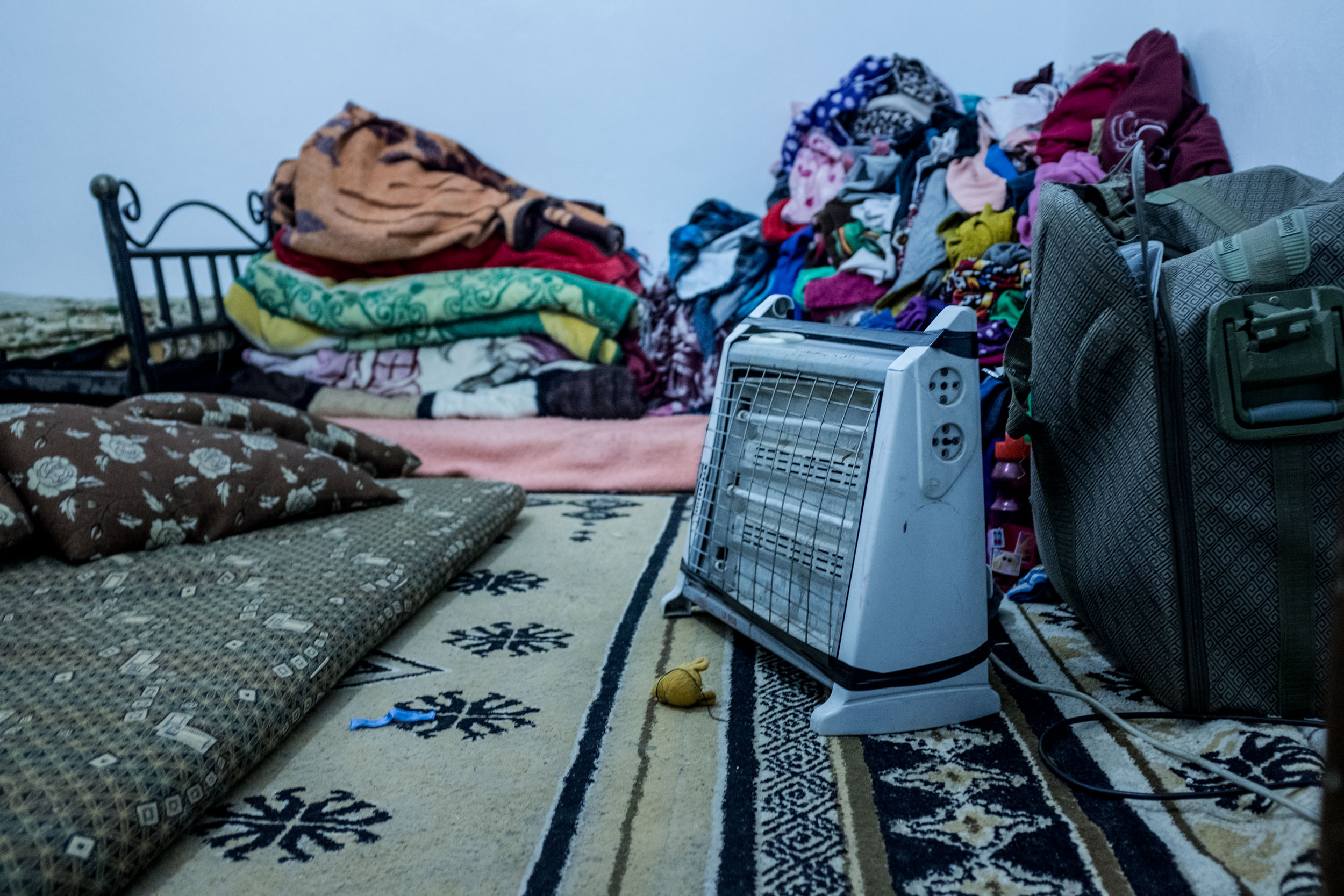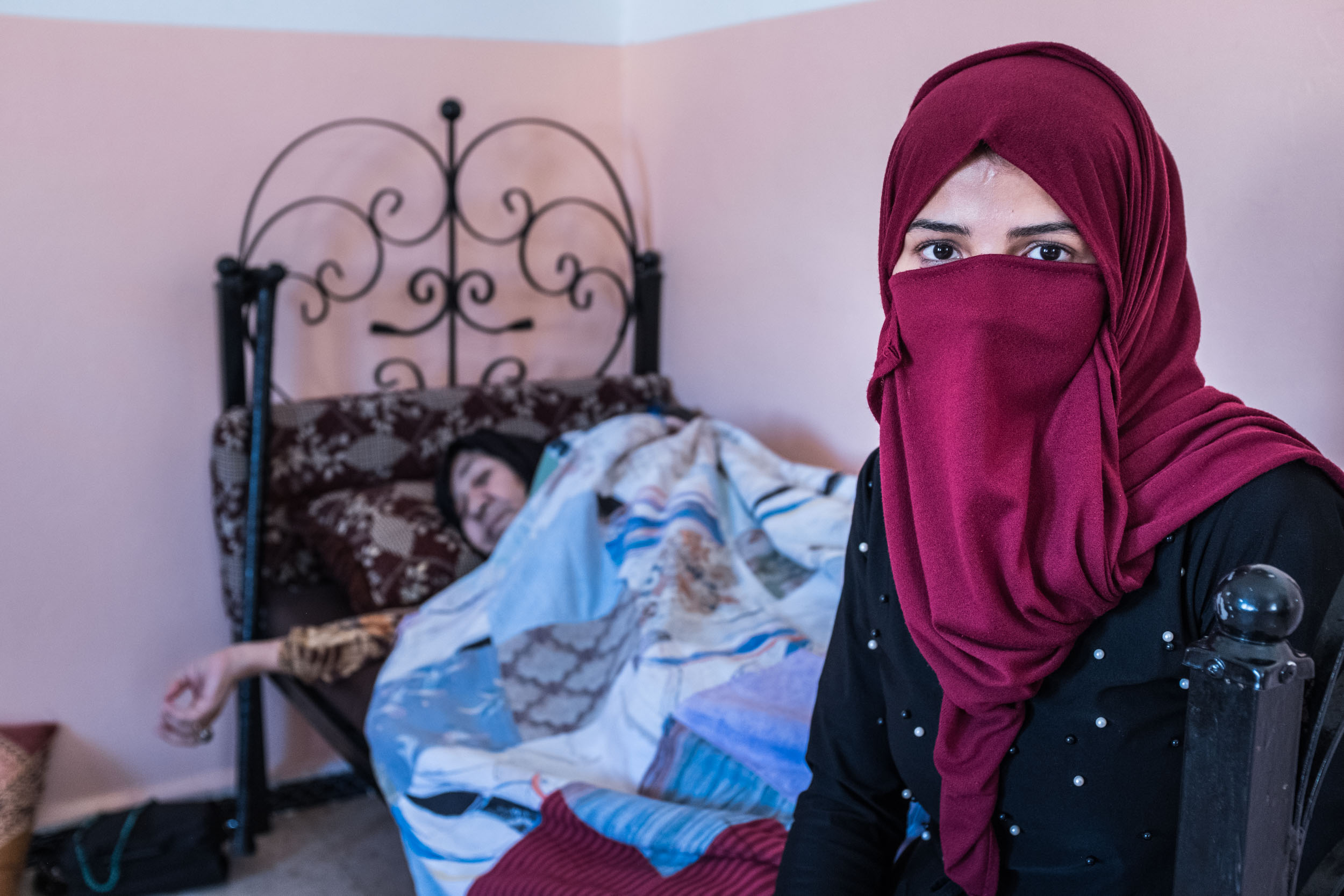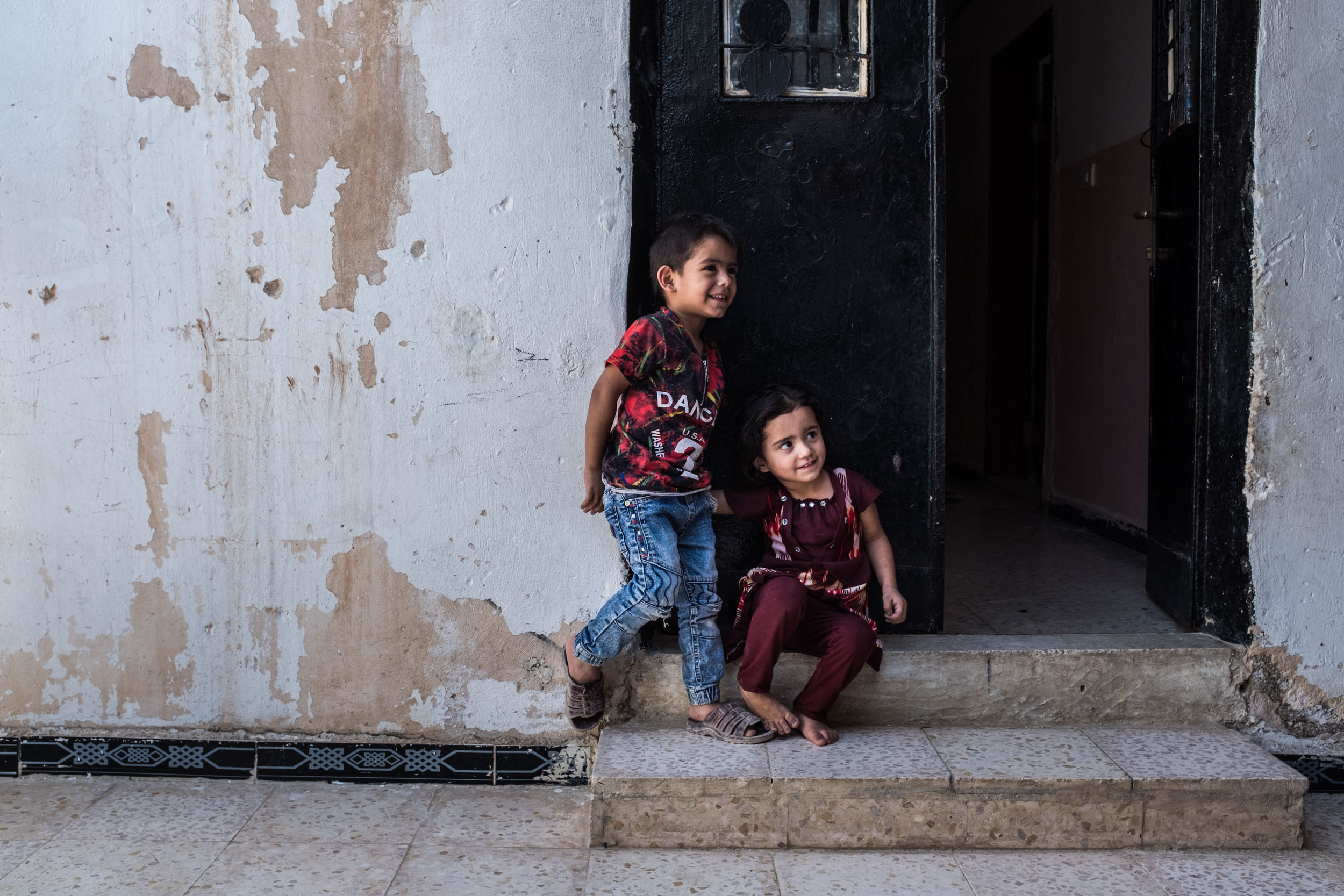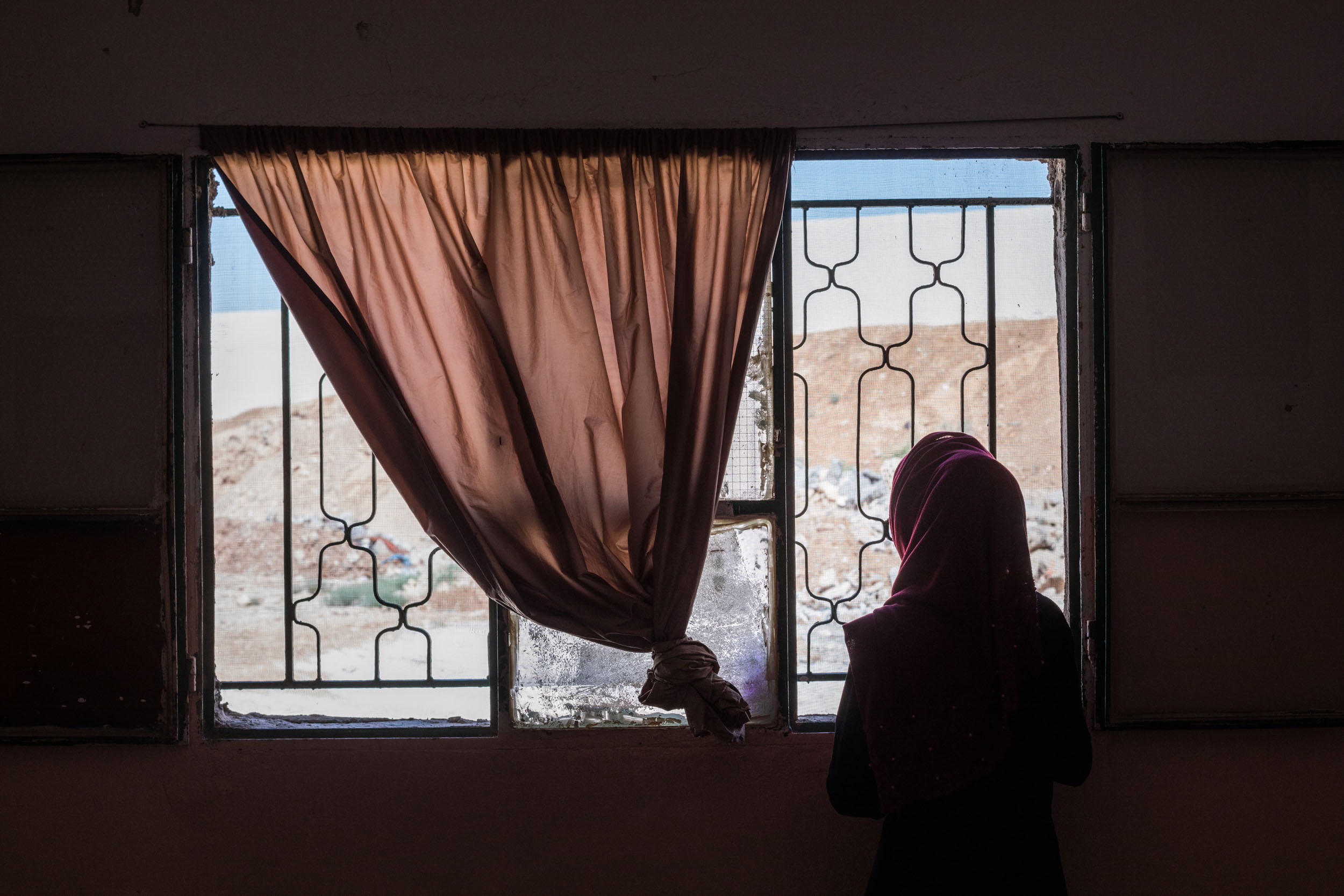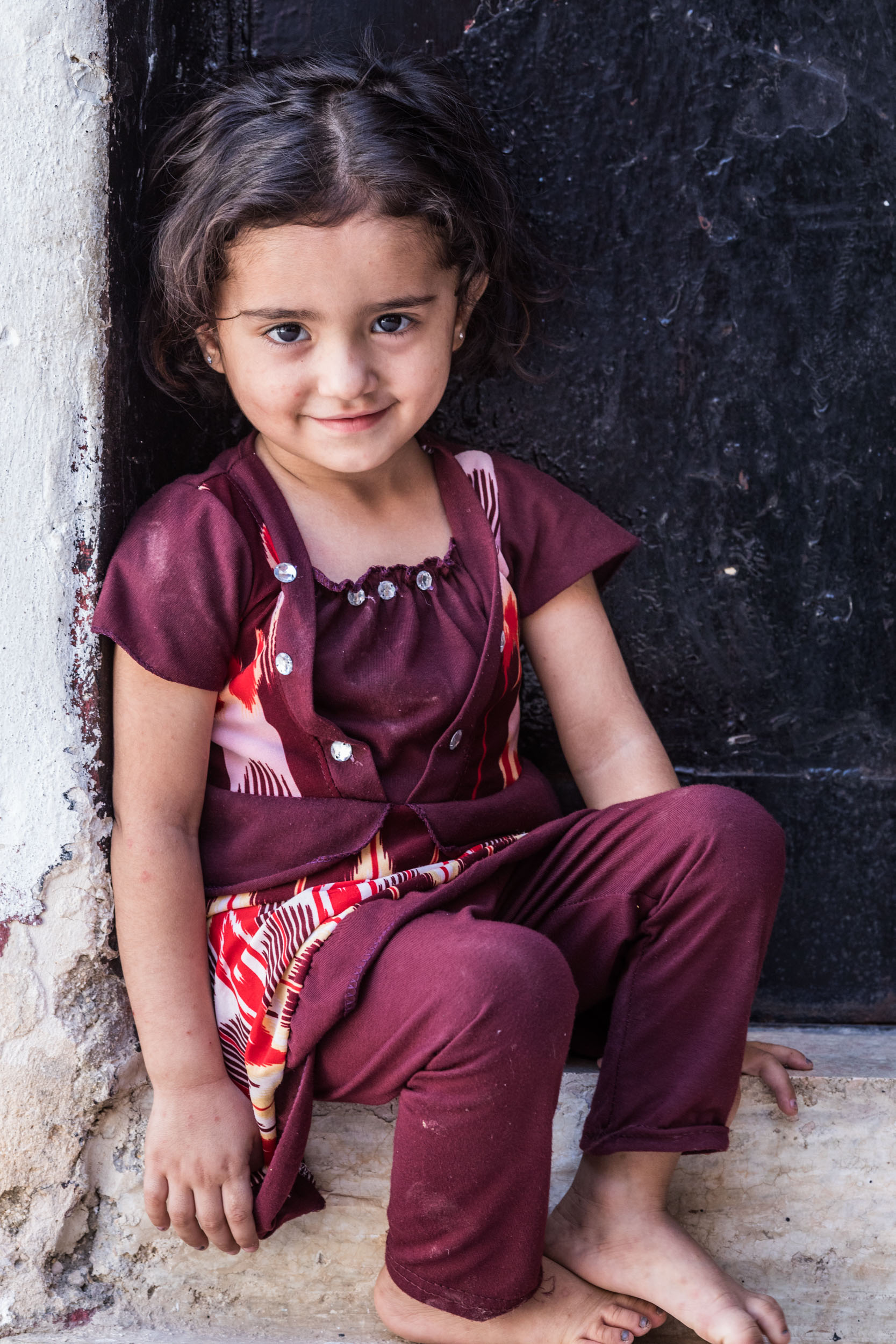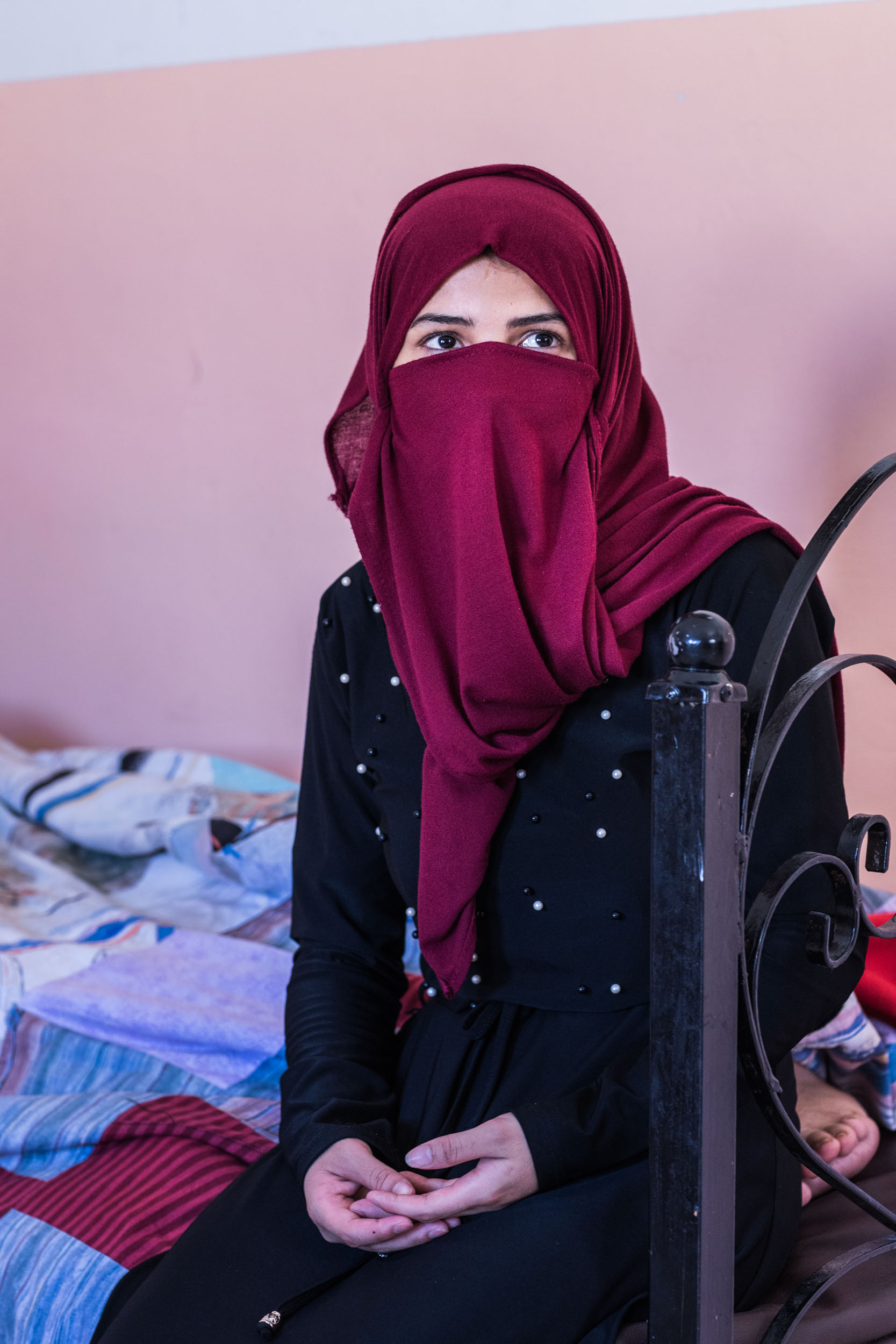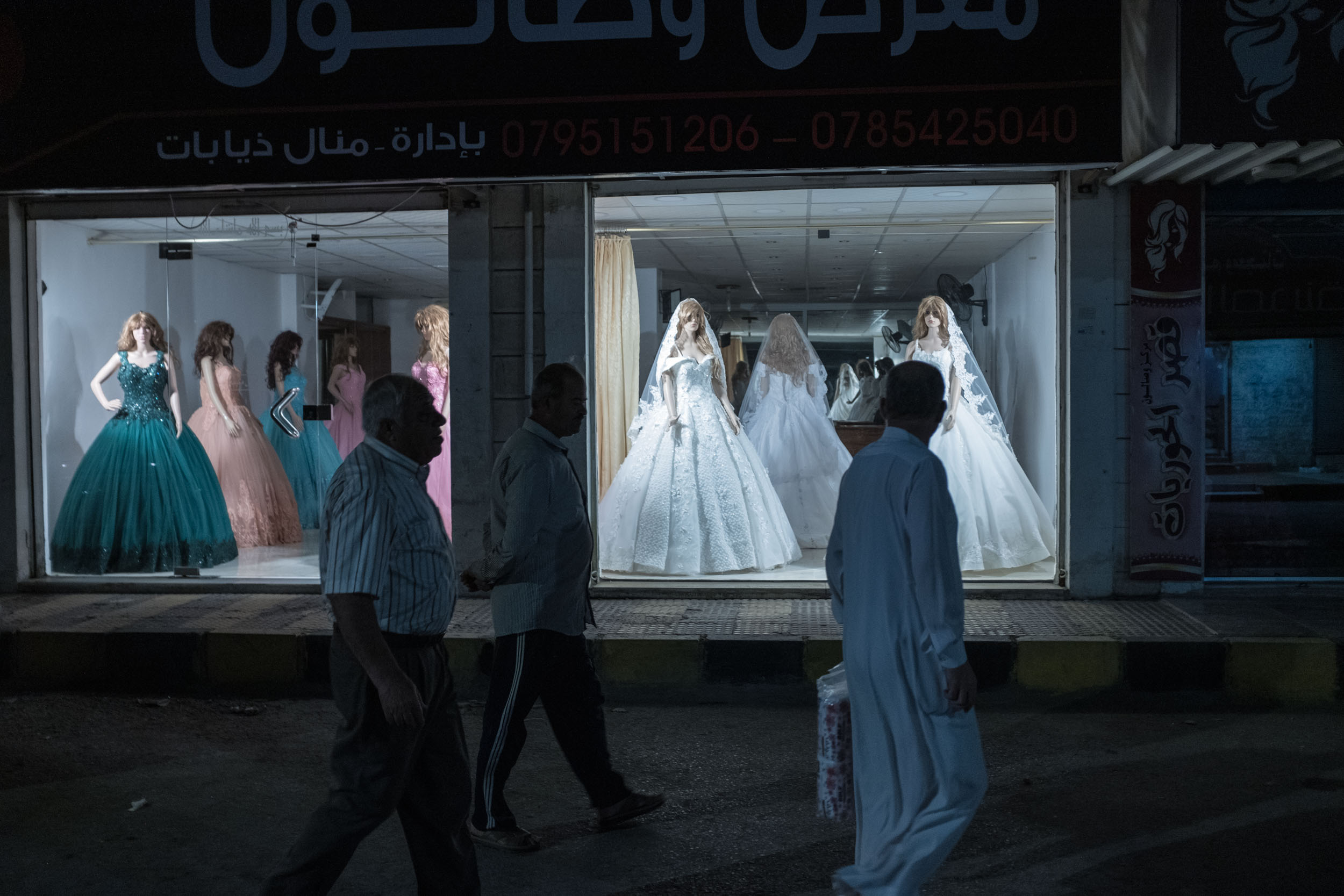It is the parents who sell their daughters. Typically the trade goes through Syrian women, who have local knowledge and access to the Syrian refugee families. But it is also common to see the perpetrators pay locals in between $75 to $150 to be taken to a Syrian family with a potential child bride.
The Syrian refugees live in extreme poverty. Many children are not in school, getting food once a day can be a struggle and they are deprived from basic needs. When the violators approach the families and ask for marrying their child, it is often with promises of education, luxury, food and a bright future in the Gulf States. The price for a child in Jordan is between $250 to $3.600.
In order for the man to have a ‘legal’ sexual relation with the child, it is normal to enter a so called misyar marriage. This type of marriage allows the man to have sex (halal), be married on short term, live apart and he is not financially responsible for his wife. No witnesses are required and the wife has no rights. The marriage can last from an hour to months and even years. Typically it is a scholar from the local Mosque who is payed to arrange the marriage contract.
Many times the girls end up in hotels where they are sexually abused and violated during the course of a day to weeks. The men depart on notice of having to settle the official papers in their home country to be able to bring their spouse. They never come back and the girls return to their families. Sometimes pregnant as a result of the sexual abuse. Some girls are protected by their families, who have recognized their failure and betrayal of their child. Others end as a commodity in prostitution to make a living for their families, since they are impure and therefore a shame to the family honour.
Early marriage exposes girls of sexual, physical, psychological and emotional violence. Children married before the age of 15 are twice as vulnerable as women who are married after the age of 18.
Jordan has pledged to eliminate all harmful practices, such as child, early and forced marriage in 2030 in accordance with The Global Goals For Sustainable Development (Goal 5.3). But in Jordan 80% of the Syrian refugees live in urban areas outside the refugee camps, where they often are forgotten and left to themselves.
Most child marriages are done religiously and are not registered officially. Today the Government of Jordan recognises the scale of the problem, and several NGOs are working with the issue in Jordan and the region.
The people portrayed in this photo series highlight the scale of the problem. It lays out the complexity and emphasize some of the many reasons underaged Syrian girls end up in forced marriages and as child brides in Jordan.
Other ARTICLEs | FROM CHILD TO BRIDE - FATIMA'S STORY
Documenting the growing issue of child brides and early marriage in the region of Syria has been one of Martin Thaulow's long term projects. He has been traveling in Turkey, Jordan and Lebanon to meet, interview and portray victims of early marriage and their families.
His work is a testimony and an extensive documentation of the problem, the girls affected and the consequences of these acts. Martin searches and investigates the many reasons of early marriage and child brides to gain knowledge and get insights into this complex topic.
The work and research has been carried out with support from DANIDA, The Ministry of Foreign Affairs of Denmark. It has been commissioned and published by media and displayed in exhibitions. It is an ongoing project.
NOTE | All of the girl’s names have been changed. We know their true identity.
REQUEST | An exhibition or an artist talk by Thaulow about this work.
